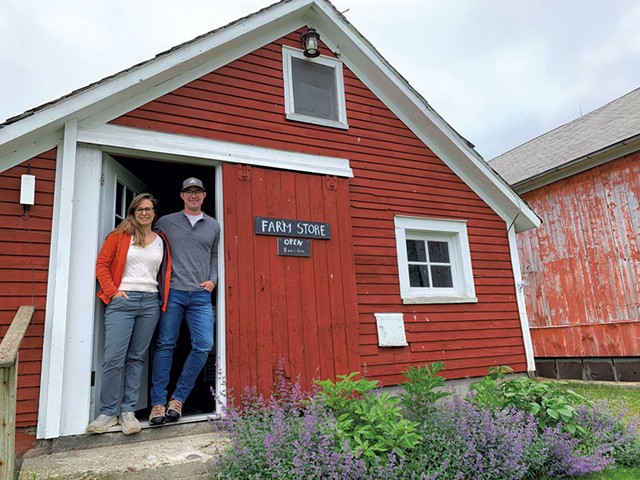
- Melissa Pasanen ©️ Seven Days
- Kate and Seth Leach at the Woodlawn Farm store
One mid-April Thursday, Seth Leach began his morning at 3 a.m. as usual in the milking barn of his family's seventh-generation Pawlet farm. The rest of his day was far from standard for a Vermont dairy farmer.
Over the next 16 hours, Leach drove 200 miles from Woodlawn Farm in the Mettawee Valley to the Upper Valley, then on to Montpelier and Chittenden County. On the way, he stopped at 11 co-ops, specialty markets and restaurants, leaving a trail of cheese samples and sales materials behind him like Hansel and Gretel's crumbs.
Between two late-afternoon Burlington meetings, Leach took a 15-minute nap in his truck. "I felt like a new man," the 43-year-old farmer later recounted.
For dinner, Leach met a pair of old University of Vermont buddies at Hen of the Wood on Cherry Street. Beyond a good meal with friends, he had an ulterior motive.
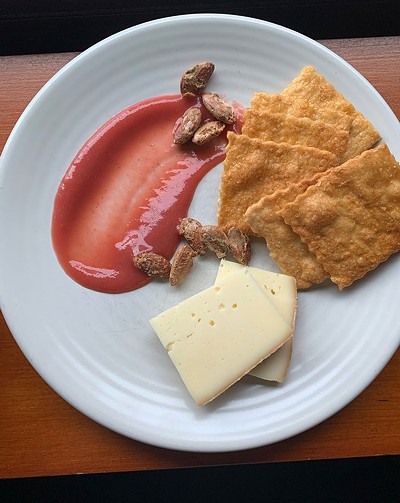
- Courtesy Of Nick Frank
- Woodlawn Creamery Pawlet on a Hen of the Wood cheese plate
The restaurant was on the "hit list" Leach had received from Provisions International, the White River Junction-based specialty foods distributor with which he and his wife, Kate Leach, have been working closely to launch their line of Woodlawn Creamery cheeses made with the milk of Woodlawn Farm's herd.
Leach was hoping to hand-deliver a sample of cheese to Hen's culinary team. But, he recalled, "I didn't want to go walking through the door waving a piece of cheese like a flag, because that's super not classy."
He did tuck a small wedge in his coat pocket.
As the friends wrapped up dinner, the restaurant's executive chef, Nick Frank, came over to introduce himself. He had been tipped off by the Provisions team that the farmer would be coming in.
Frank and Leach had not met until that point, but the chef was familiar with the cheese in the farmer's pocket. Frank said he loved Pawlet — a raw-milk, washed-rind tomme originally made by Consider Bardwell Farm in West Pawlet — and was eager to taste a new version and talk with the farmer behind it.
Mission accomplished — with class.
Under financial pressure from persistently low fluid-milk prices, Vermont's dairy farmers are doing everything they can to stay afloat. Even as they continue shipping milk to the commodity market, where they don't control the prices, many are branching out into value-added products whose prices they can set themselves, such as farm-raised beef and, of course, cheese.
But those new ventures can be expensive to launch and run. So, rather than investing thousands of dollars in a new cheesemaking facility and building a cheese brand from scratch, the Leaches are leasing Consider Bardwell's existing cheese plant and licensing its proven recipes and cheese names. Most importantly, they have hired its longtime cheesemaker.
The couple hope they've found a smart way to minimize financial risk and make their dairy business sustainable.
Bardwell, Reconsidered
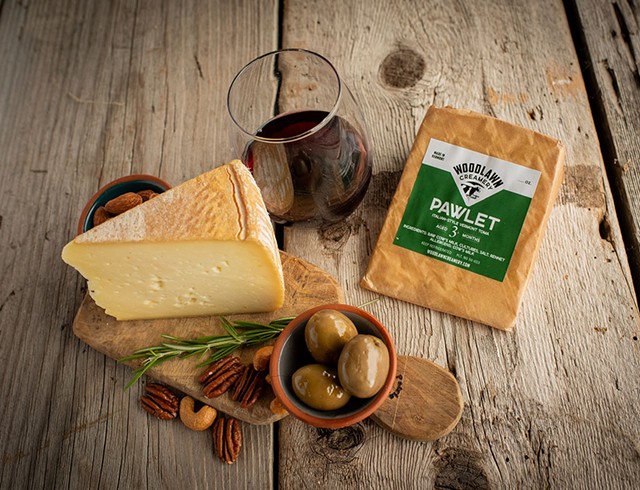
- Courtesy
- Woodlawn Creamery Pawlet cheese
Married couple Angela Miller and Rust Glover, a literary agent and architect, respectively, bought the West Pawlet farm that they named Consider Bardwell in 2001. They launched a cheesemaking operation in 2004, working with Westminster-based cheese expert Peter Dixon to develop their recipes, which earned a steady flow of major awards and press accolades.
By 2019, the cheeses were sold nationwide, with several hundred wheels of Pawlet shipped weekly to Kroger supermarkets. The operation milked about 150 goats and bought cow's milk from three nearby farmers, including Woodlawn Farm.
Miller and Glover said Consider Bardwell was poised to hit $2 million in annual sales when it abruptly shut down in September 2019 after a voluntary recall of cheeses contaminated with Listeria monocytogenes.
The pathogenic bacteria — which can cause serious and sometimes fatal infections in young children, elderly people and others with compromised immune systems — was traced to a small amount of goat's milk the cheesemaker bought from a local farmer.
No illnesses were reported, but Consider Bardwell suffered what felt like a mortal blow as it destroyed $200,000 worth of cheese, laid off 20 employees and rehomed its goat herd. In an announcement at the time, Miller wrote, "We simply do not have the cash flow and resources to recover from the recall and sustain our business to move forward."
Assisted by pandemic recovery funding, Miller did resume cheesemaking in July 2020. But she struggled to find employees and started actively looking to sell or otherwise pass on the business.
"I was tired," said Miller, who described herself as "well past retirement age."
Meanwhile, Leach was brainstorming ways to keep his family's legacy dairy farm alive. He hauled some of his own milk to two other Vermont cheesemakers and raised beef to supplement his co-op milk checks.
But that was not enough.
The business of dairy farming has changed dramatically since Leach was a child who followed his dad, Tim Leach, around the farm like a shadow.
The young man earned a UVM degree in animal science and small business and returned to the family farm in 2003. He never dreamed of making a life anywhere else, but he soon realized he would need to be a different kind of farmer and businessperson than his parents had been.
"The commodity milk market isn't gonna leave me any choice," Leach said.
When a reporter visited Woodlawn Farm in early June, Tim had just returned from mowing a neighbor's hayfield. The 71-year-old technically retired about five years ago, but "the self-proclaimed world's finest mower of hay" still helps out a lot, Seth said.
Asked what he thought about his son's foray into artisan cheese, Tim said, "We sent four kids to college on cow's milk. That's not something that can happen right now." He shook his head. "This dairy business is like having a millstone around your neck, but Seth's never wavered. He's working his butt off."
A Jump start
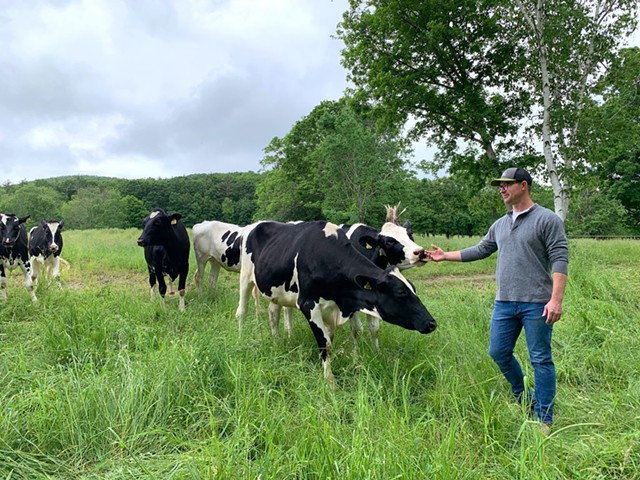
- Melissa Pasanen ©️ Seven Days
- Seth Leach with some of the farm's registered Holsteins
To understand Seth's passion to save his farm, one needs only to see him there. During that June visit, he drove a reporter to his favorite hilltop meadow on the 775-acre farm, where about 35 of Woodlawn's 250 dairy cows grazed. On the way back, he slowed his truck to savor the view. Route 30 snaked through the valley below, dotted with red barns and bordered by the green-gold glow of early summer hayfields.
"This is the most gorgeous place on Earth, in my opinion," he said. "I love what I do too much to quit."
Seth and Kate Leach live in the house where he grew up, a large, white-clapboard, Federalist-style home built in 1796. Leaches have lived there since 1831.
After a lot of research, the couple concluded that their best bet for keeping Woodlawn Farm solvent was to launch their own value-added product line. Seth, who had stayed in touch with Miller and Consider Bardwell's former cheesemaker, Leslie Goff Tyminski, hoped that leveraging the established cheese business could give him a jump start.
As Miller recalled it, Seth phoned early one morning to see if she might consider selling the business. "Who calls somebody at seven in the morning except a farmer?" she said with a chuckle.
While the Leaches did not end up buying Consider Bardwell, they negotiated a lease for its cheesemaking facility and a licensing agreement for three of its best-selling cheeses: Pawlet, Rupert and Dorset, for which they will pay royalties on all sales for five years. After that, they will own the recipes and cheese names. Rather than using the Consider Bardwell brand, the couple are launching the cheeses under their own new business name, Woodlawn Creamery.
To bankroll the venture, they secured a $150,000 loan from Farm Credit East, thanks largely to Kate's full-time job at Burr and Burton Academy in Manchester, since they have little collateral to offer. They don't make enough money — yet —to pay Seth's parents a fair price for the conserved farmland, they said. They also received a $60,000 loan from the Vermont Community Loan Fund.
Miller was impressed, she said, by the "amazing due diligence" the young couple did. She likes the idea that the cheeses will stay in the Mettawee Valley and help keep a seventh-generation dairy farm going. Plus, she added, "I just liked Seth. I liked his brash honesty and his no BS."
Woodlawn Creamery made its first batches of cheese in the former Consider Bardwell facility in January. Its inaugural wheels of Pawlet hit their sale-ready age of 3 months right before Seth embarked on his lengthy mid-April sample road trip.
'Ass-Kicking' Cheesemaker
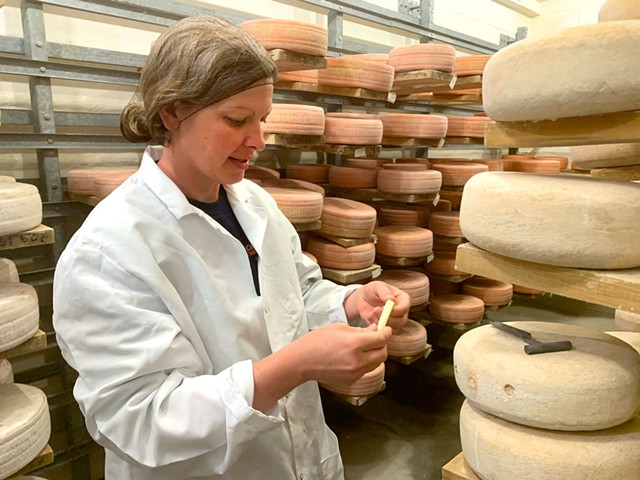
- Melissa Pasanen ©️ Seven Days
- Leslie Goff Tyminsky evaluating a sample from a wheel of Rupert
After the June tour of Woodlawn Farm, Seth led a reporter on the 15-minute drive to the former Consider Bardwell cheese facility, in a huge, old dairy barn where he attended 4-H meetings as a kid.
Downstairs, a freshly made batch of Rupert wheels floated in brine. Upstairs, older wheels of smooth, white-coated Rupert and orange, basket-weave-imprinted Pawlet aged on boards of hemlock wood in separate caves.
Woodlawn Creamery has not yet made any Dorset, but it is making a cheese called Southwind developed by Jeremy Russo, a farmer-cheesemaker and childhood friend of Seth's.
The learning curve has been minimal for the 34-year-old lead cheesemaker, Goff Tyminski, who started working with Consider Bardwell's goat herd when she was 15. She rose to become Consider Bardwell's creamery director and was among those laid off in 2019 following the listeria recall. (Miller said Goff Tyminski was not to blame for the contamination.)
Hiring Goff Tyminski was a nonnegotiable part of his plans, Seth said. When the farmer solicited advice from Provisions International on the possible Consider Bardwell deal, the regional distributor's local cheese purchaser, Mark Bomalaski, told him, "There's still demand for that line of cheeses. They're great recipes. But don't do this without hiring Leslie back," Bomalaski recalled.
Seth described Goff Tyminski as one of two "ass-kicking professional women" without whom he could not run the diversified dairy operation. The other is Woodlawn Farm herd manager Hannah Fay.
"You have to divide and conquer," he said.
Despite the rough ending to her Consider Bardwell tenure, Goff Tyminski was open to returning to the facility. "I missed the cheeses here, the Pawlet especially," she said. "These cheeses were like my baby for many years. Cheese is a living thing. It needs constant care."
Pawlet, for example, goes into a brine the day after it's made and then sits in a drying room for a week. Once moved to the cave, the wheels must be washed with a solution of yeasts and good bacteria two to three times weekly for their first two months of aging and then once weekly for the final month.
The resulting cheese, according to Hen of the Wood's Frank, is as good as he remembered it, with a flavor that is a little mellower, fresher and grassier than the Consider Bardwell version.
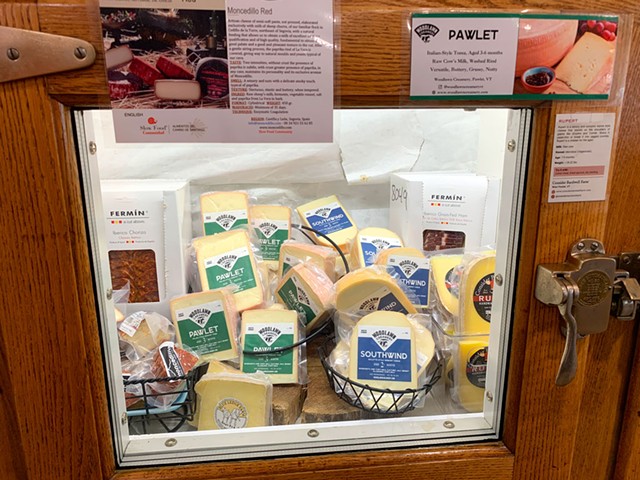
- Melissa Pasanen ©️ Seven Days
- Woodlawn Creamery cheeses at Mach's Market in Pawlet
The chef especially appreciates Pawlet's "nice, fudgy texture," which lends itself to inclusion in a cheese plate or searing on the restaurant's wood-fired plancha, creating a crisp exterior and "a melty, oozy center." He has paired a warm wedge from the plancha with thinly sliced, smoked pig heart pastrami; pickled onions; and spicy aioli.
Goff Tyminski noted that the cheeses are now 100 percent Holstein milk; Consider Bardwell made Pawlet and Rupert with mostly Jersey milk. Typically, Jersey cows deliver higher fat and protein levels. But the cheesemaker said Woodlawn's milk is exceptionally high in those components, too, and contributes "intense umami, brothy, meaty, onion notes" to the Pawlet that were not in previous versions.
Bomalaski of Provisions International said Woodlawn Creamery's Pawlet has been very well received by the distributor's retail and restaurant customers. An initial 300-pound order in April has been followed by several similar reorders.
He added that he has been impressed by the Leaches' "cautious and pragmatic approach" and "business acumen."
Southwind, which Bomalaski described as a "spectacular" raclette-style cheese, started shipping in June. Woodlawn Creamery's version of Rupert, a raw-milk, washed-rind cheese that ages for at least eight months, will be available in September.
In the creamery's cave, Goff Tyminski extracted a narrow cylinder of cheese from a 4-month-old wheel of Rupert to check its progress. She said she was pleased with the sweet, rounded flavor and soft but resilient texture. As the cheese ages, she said, it will develop more caramelly, butterscotch notes.
At the creamery's current cheese production rate, it takes 4,000 to 6,000 pounds of milk weekly from the farm, about 8 percent of the total output of Woodlawn's herd. Seth and Kate are optimistic, based on sales so far, that the figure will gradually increase and the cheese business will break even by spring 2025.
Seth admitted that he still takes the occasional truck nap during long days juggling his milking and beef herds, doing fieldwork, hauling milk, and helping make and sell cheese.
Despite the complexity of adding a new enterprise to the mix, the farmer said he feels more in control of his milk now.
"If I fail as a businessperson," Seth said. "I want it to be because of me."
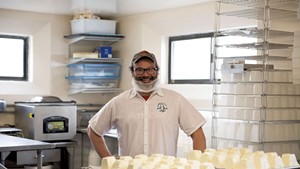
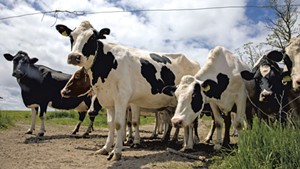
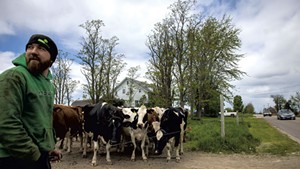
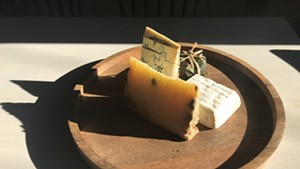




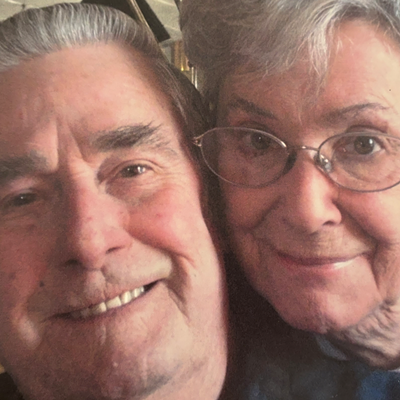
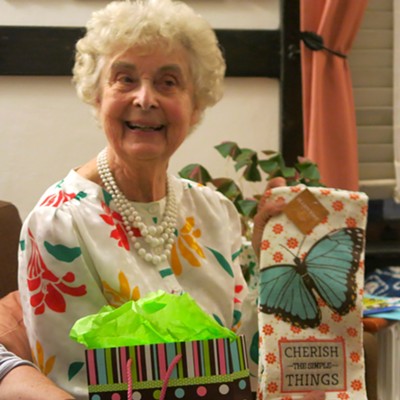


Comments
Comments are closed.
From 2014-2020, Seven Days allowed readers to comment on all stories posted on our website. While we've appreciated the suggestions and insights, right now Seven Days is prioritizing our core mission — producing high-quality, responsible local journalism — over moderating online debates between readers.
To criticize, correct or praise our reporting, please send us a letter to the editor or send us a tip. We’ll check it out and report the results.
Online comments may return when we have better tech tools for managing them. Thanks for reading.